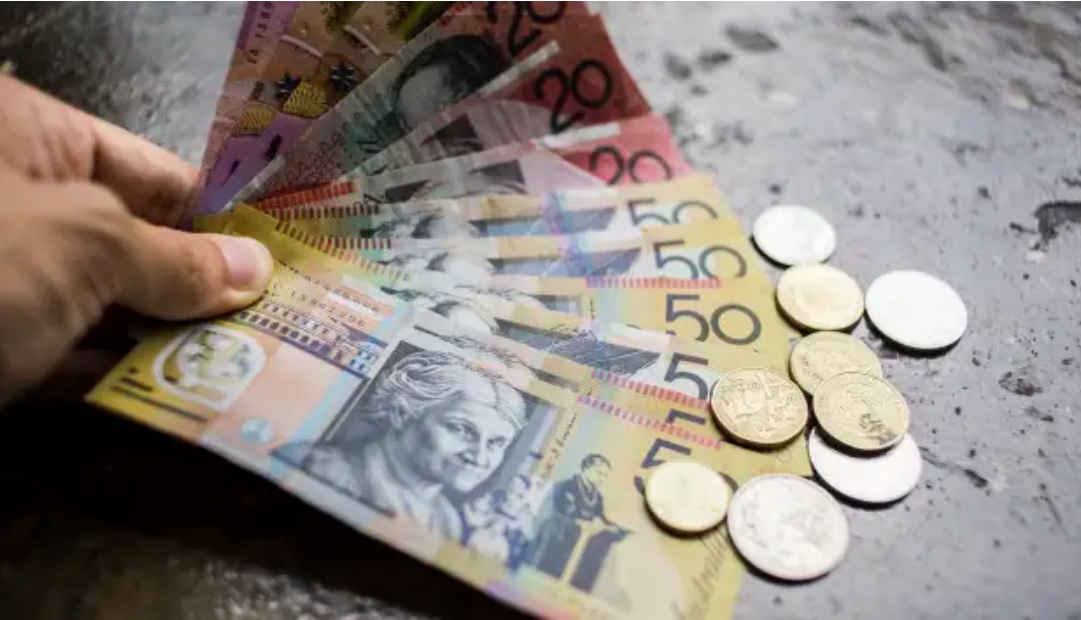What currencies could surprise us in 2023?
In addressing this question, we want to look at what surprises could happen next year that boost currencies in a way that we might not be anticipating.

Should optimism about Chinese economic recovery increase next year, it seems likely to us that the Australian dollar could feel the most benefit.
>> How did Japan begin FX intervention?
The three currencies that Mr. Steve Barrow, Head of Standard Bank G10 Strategy, would pick out are the Australian dollar, the yen, and the euro.
First, the Australian dollar. When we think in terms of surprises here that could lift the currency, we are not really thinking about the domestic economic and policymaking situation. Instead, we are looking more towards the external environment and, in particular, the scope for China to bounce back should it rapidly ease and/or remove its very restrictive "zero-tolerance" policy.
Quite clearly, we can’t say whether this will happen. Right now, things seem to be going in the opposite direction. But we would not be at all surprised if, at some point next year, the tide turns either in terms of case numbers or the authorities’ attitude towards the COVID problem. Should optimism about Chinese economic recovery increase next year, it seems likely to us that the Australian dollar could feel the most benefit.
"We take this view even though we acknowledge that political—and hence trade—relations between Australia and China have been a bit rocky in recent years. At the moment, we are looking for the Australian dollar to rise to just over 70 cents against the dollar next year, but that’s based on another COVID-impacted muddle-through year in China that’s only modestly better than 2022. "If there is less muddle and more recovery as a result of an easing COVID problem, then something closer to 80 cents seems very possible," Mr. Steve Barrow said.
The second currency Mr. Steve Barrow would pick out is the yen, a currency that’s been under significant pressure this year. A key "surprise" that could happen next year is that the departure of BOJ Governor Kuroda next April ushers in new leadership that seeks tighter monetary policy conditions. For even if these are not delivered quickly, which seems unlikely, the mere expectation that the BoJ could finally catch up to the policy tightening seen in other G-10 countries could be sufficient to turn the worst-performing currency of 2022 into one of the best performers in 2023.
The market does seem to have some sense that Mr. Kuroda has been the mainstay of ultra-loose policy and that, without him, policy could veer towards tighter monetary conditions, but we do not sense that this is priced in. As a result, if it becomes clear that this is likely to occur, and given the market's short yen position, the yen may outperform in 2023."We currently see the dollar/yen falling to the 125-130 range against the dollar by the end of 2023, but this could prove too conservative if perception of monetary policy shifts significantly following Kuroda's departure," Mr. Steve Barrow predicted.
>> Better prospects for the euro
The final currency that Mr. Steve Barrow would put in the "potential surprise" bracket is the euro. The primary source of an upside surprise for the euro is probably the one that’s associated with developments in the Russia/Ukraine conflict that suddenly put an end to energy price insecurity in the region. There are clearly a number of ways that this could occur, but that’s not his interest here. Instead, he is pointing out that the issue of energy price hikes and supply insecurity has hit the euro hard since Russia’s invasion of Ukraine, and if this is reversed in 2023, we are likely to see a reversal for the euro as well.
Right now, Mr. Steve Barrow’s one-year euro/dollar forecast stands at 1.10 on the basis that energy price and supply difficulties will persist. But if they do not, then 1.20 could easily be in the frame come the end of 2023. Of course, it is not certain that energy insecurity will end any more than we can say that Kuroda’s departure in Japan will usher in tighter policy or that China will rapidly move on from its COVID problems. But there’s a reasonable chance of all these, and hence it may pay to be biased towards these currencies in a slightly more bullish direction.








